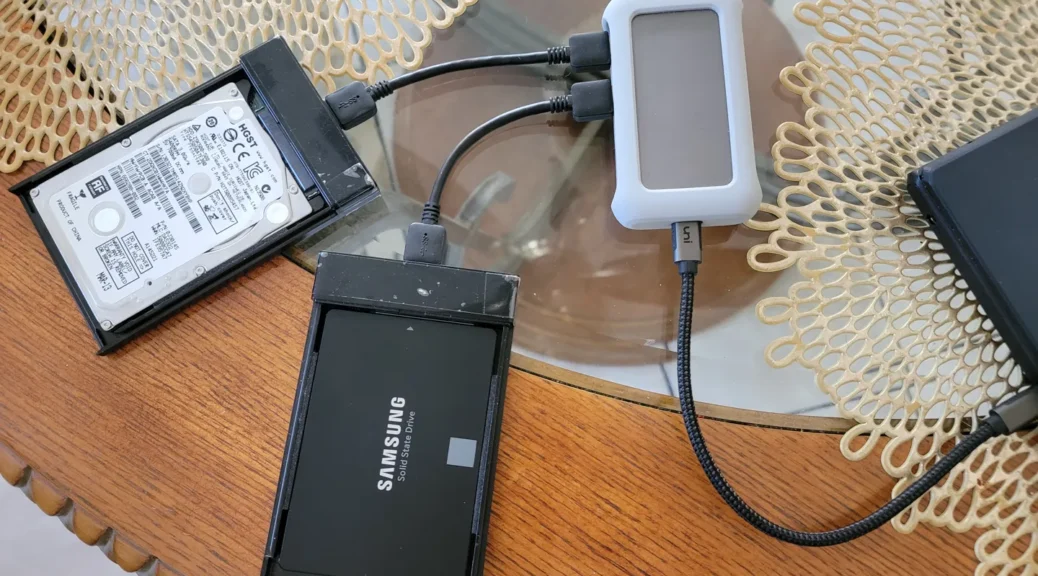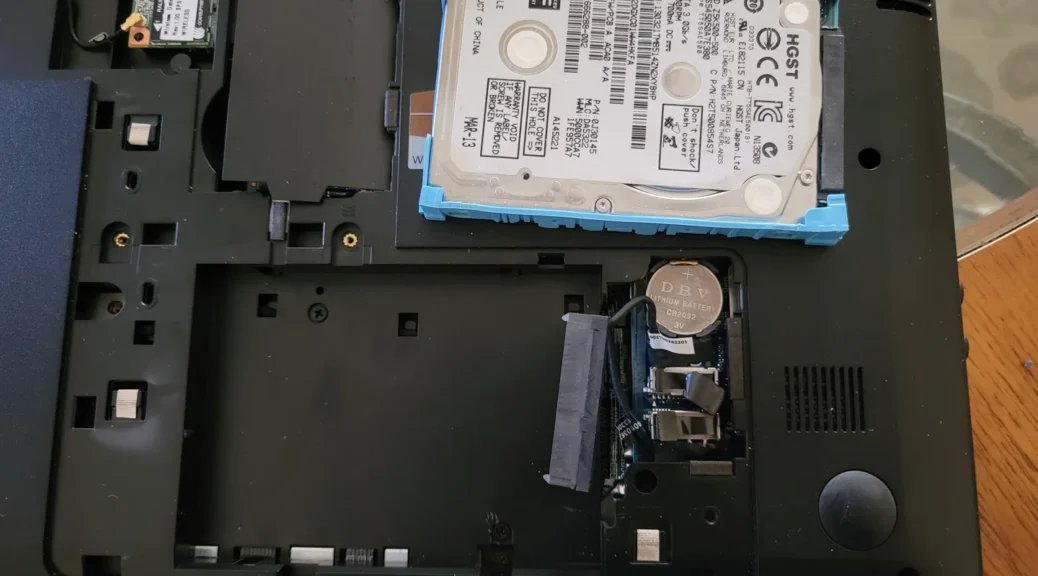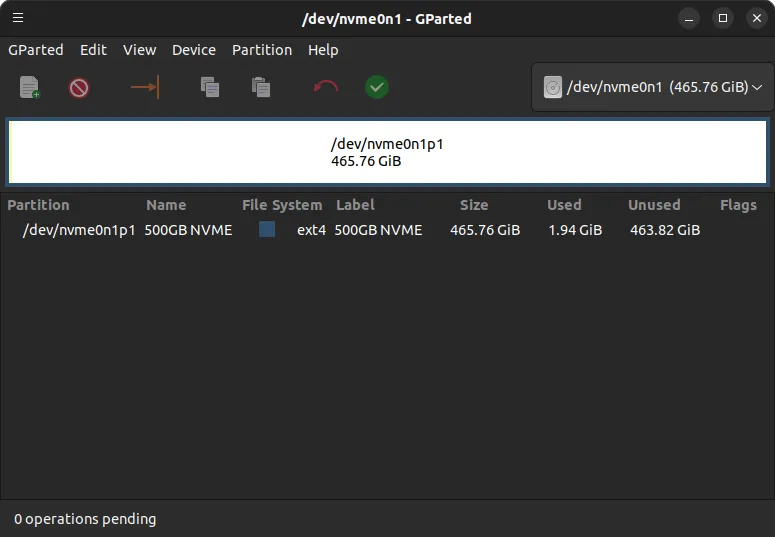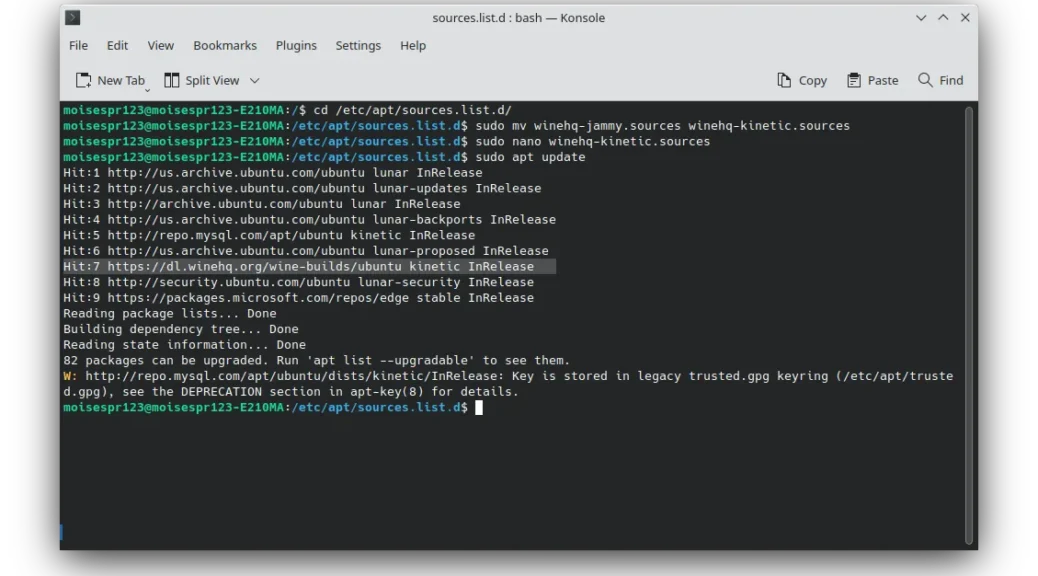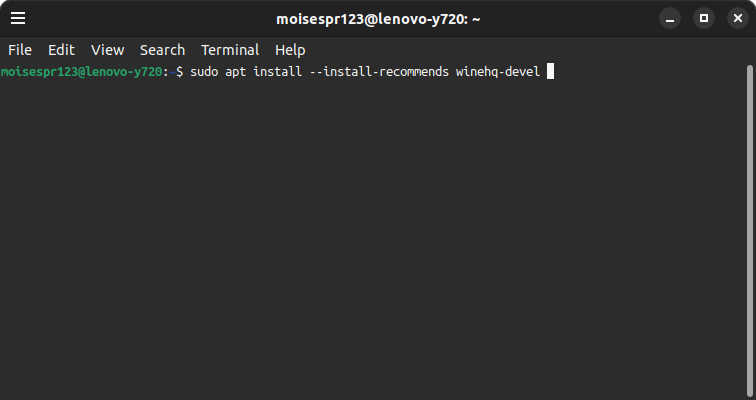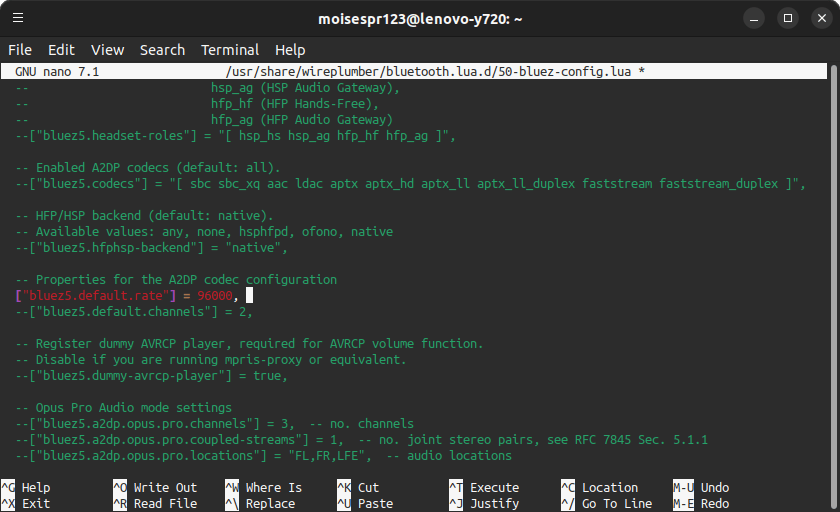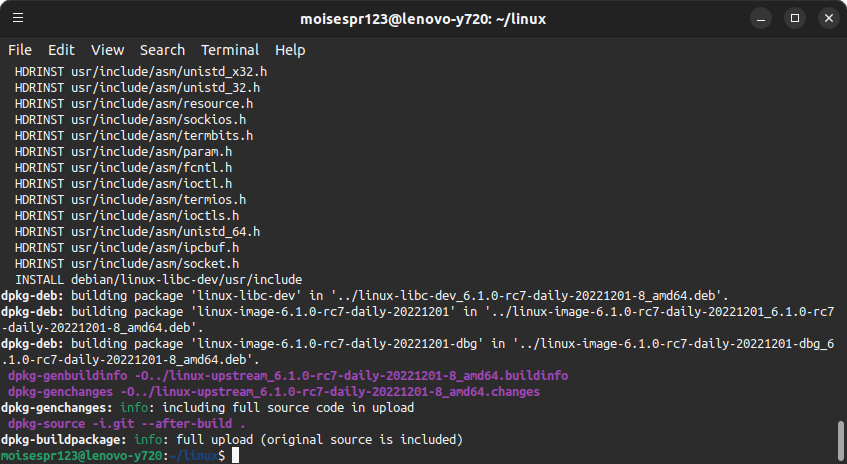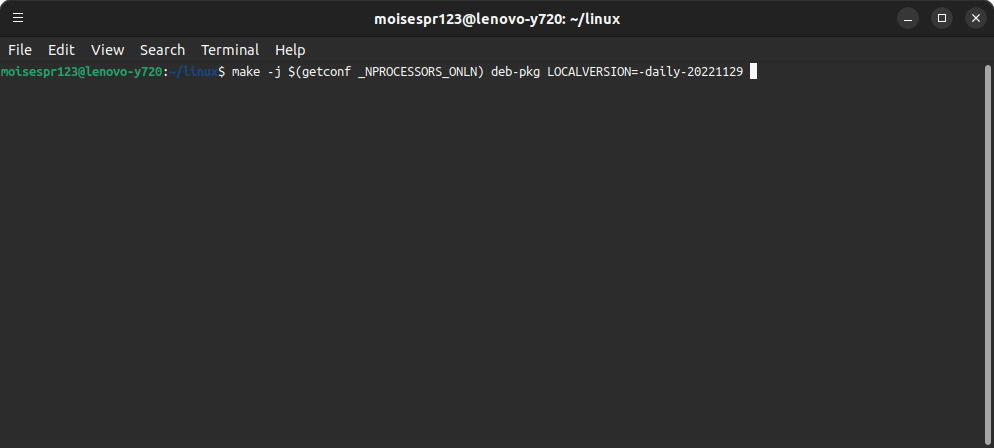Cloning a 500GB Hard Disk Drive to the Samsung 870 EVO SSD using Linux
Hi everyone, In this post, we will be cloning a 500GB Hard Disk Drive to a 500GB Samsung 870 EVO SSD. For this, we will be using the Linux dd utility, and will confirm some important details using KDE Partition Manager. Before we begin, we must use a SATA to USB enclosure or adapter. I will be using an UGREEN USB 3.0 to SATA enclosure. Let’s begin the preparation: Preparing the Hard Disk Drive and SSD for cloning These are…
